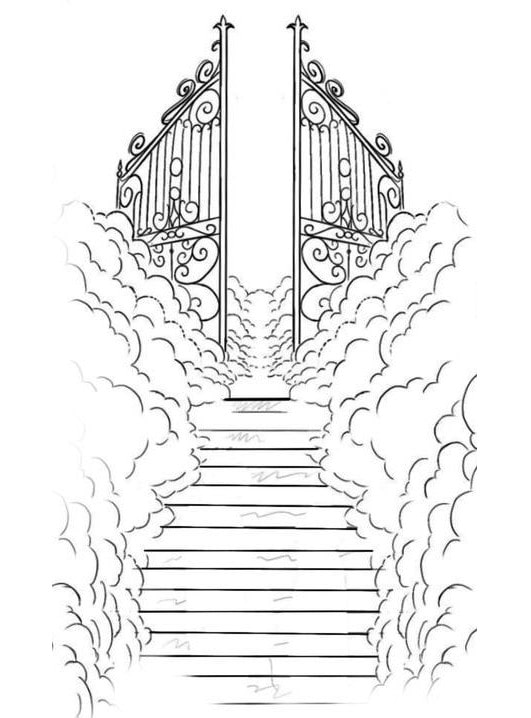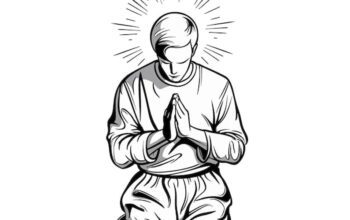
That’s the theme of the Jubilee Year 2025 as declared by Pope Francis last year. The Jubilee Year began last December 24 and will end on January 6, 2026. The idea behind is to encourage everyone to make pilgrimages that hopefully would foster forgiveness, conversion as well as a joyful celebration.
Indeed, our life here on earth can be likened to a pilgrimage toward our ultimate destination, which is heaven. It should be not be understood simply as a trip from one place to another, from one state of life to another. It’s a journey that should be eminently marked with a religious purpose and character. That is how we have to understand our life here on earth.
And to be a good pilgrim of hope, the secret is, of course, to always be with Christ and to go back to him as soon as possible every time we happen to stray from him. Let us act out what took place in one gospel episode where the people, upon knowing that Christ was around, immediately went to see him and brought others who need some special help from Christ. (cfr. Mk 6,53-56)
We know that in spite of all the in spites of, we have all the reasons to be always hopeful and optimistic. And that’s simply because God our Father, our unfailing lover, is always in control of everything, regardless of how we mess up his designs for us.
We have reason to be hopeful and optimistic as long as in all our affairs and situations in life, we manage to go to God to ask for his help and guidance, and to trust his ways and his providence, even if the outcome of our prayers and petitions appears unanswered, if not, contradicted.
This should be the attitude to have. It’s an attitude that can only indicate our unconditional faith and love for God who is always in control of things, and at the same time can also leave us in peace and joy even in the worst of scenarios.
Especially in our present condition that involves an increase of pressure, confusing knowledge overdrives, increasingly sophisticated challenges and difficulties, we have to realize more deeply that we need to seriously cultivate this virtue of hope. There’s no other way. It’s either that or we get into a free-fall toward disorder, chaos and desperation.
Our problem is that, as usual, we have a very limited idea of hope. And from that handicapped position, it’s obvious that all sorts of dangers, confusion and errors can ensue.
Among the anomalies besetting our understanding of hope is that it is a purely man-made virtue, with only earthly and natural dimensions and relying solely on human and material resources.
We seem to get stranded in the external properties of the virtue, without entering into its real essence, significance and practicability. We need to recover the true nature and purpose of hope, and spread its knowledge and skill far and wide. That’s what we urgently need these days.
First, we need to understand that hope is a gift from God, one of what are called theological virtues. As such, it goes always in this life with the other pair of faith and charity.
The immediate corollary of this reality is that the first thing we have to do about it is to ask for it, often kneeling and begging God our Father not only to grant it to us, which he actually does unstintingly, but also to increase it all the time. (Fr. Roy Cimagala)



